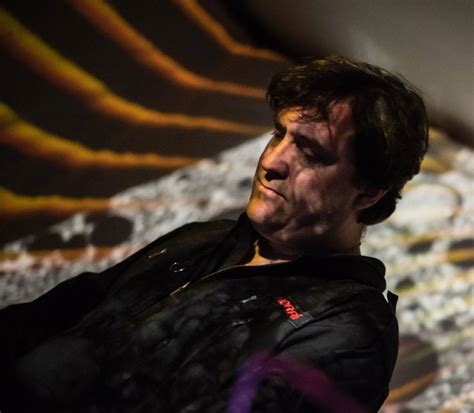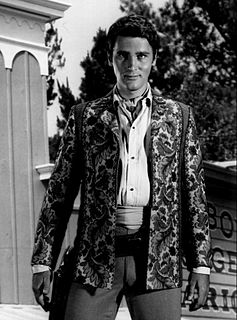A Quote by Gilbert K. Chesterton
Men did not love Rome because she was great. She was great because they had loved her.
Related Quotes
When I lost my wife I had a whole different concept of her life. She lived 21 years and people who knew her know it wasn't about the great things she did on this earth. It wasn't that she had money or had popularity, it was that she loved Jesus Christ more than anything else in this world. That was how she related to the world.
The Flapper awoke from her lethargy of sub-deb-ism, bobbed her hair, put on her choicest pair of earrings and a great deal of audacity and rouge and went into the battle. She flirted because it was fun to flirt and wore a one-piece bathing suit because she had a good figure she was conscious that the things she did were the things she had always wanted to do. Mothers disapproved of their sons taking the Flapper to dances, to teas, to swim and most of all to heart.
I love my wife. We've had a few slings and arrows across the room, but I'm not prepared to give in, you know? People say she saved my life, but at the same time, I saved her life, as well, I think. She's a great mother, she's a great wife, she's a great worker, she's a great manager. She's just great.
Look at Charlotte Gainsbourg, in the Lars von Trier film Antichrist. She's unbelievable. She doesn't act; she's there. She's great. And you love her for that, because it's so daring, what she has to do. And she does it as if it is nothing. I think she's brave. I fell in love with her when I saw that film. She is a revelation. Total revelation.
Tessa had begun to tremble. This is what she had always wanted someone to say. What she had always, in the darkest corner of her heart, wanted Will to say. Will, the boy who loved the same books she did, the same poetry she did, who made her laugh even when she was furious. And here he was standing in front of her, telling her he loved the words of her heart, the shape of her soul. Telling her something she had never imagined anyone would ever tell her. Telling her something she would never be told again, not in this way. And not by him. And it did not matter. "It's too late", she said.
Yet there were times when he did love her with all the kindness she demanded, and how was she to know what were those times? Alone she raged against his cheerfulness and put herself at the mercy of her own love and longed to be free of it because it made her less than he and dependent on him. But how could she be free of chains she had put upon herself? Her soul was all tempest. The dreams she had once had of her life were dead. She was in prison in the house. And yet who was her jailer except herself?
Because of course she had known she must go. She always did the thing because in obedience lay the integrity that God asked of her. If anyone had asked her what she meant by integrity she would not have been able to tell them but she had seen it once like a picture in her mind, a root going down into the earth and drinking deeply there. No one was really alive without that root.
So she had to satisfy herself with the idea of love - loving the loving of things whose existence she didn't care at all about. Love itself became the object of her love. She loved herself in love, she loved loving love, as love loves loving, and was able, in that way, to reconcile herself with a world that fell so short of what she would have hoped for. It was not the world that was the great and saving lie, but her willingness to make it beautiful and fair, to live a once-removed life, in a world once-removed from the one in which everyone else seemed to exist.






































